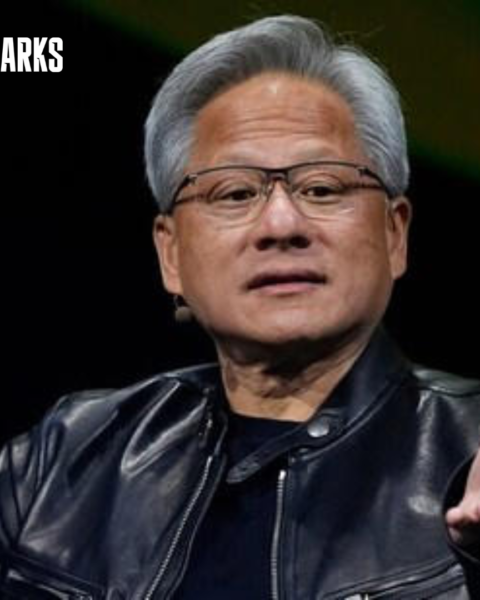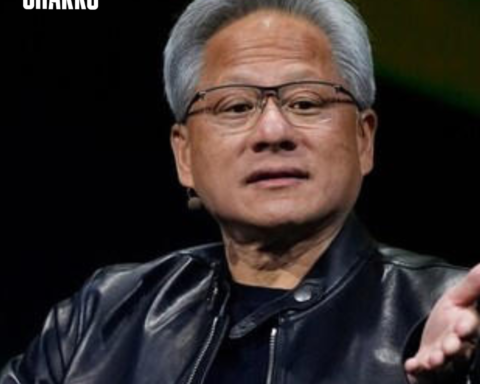Tencent Reports 8% Rise in Q2 Revenue, Gaming Business Recovery
Tencent Holdings announced an 8% growth in second-quarter revenue, reaching 161.12 billion yuan ($22.5 billion).

Tencent Holdings, the world’s largest video game company and operator of WeChat, reported an 8% increase in second-quarter revenue, amounting to 161.12 billion yuan ($22.5 billion).
This growth was largely driven by a recovery in its gaming business following the successful launch of the “Dungeon & Fighter Mobile” mobile game in May. According to LSEG data, analysts had anticipated slightly lower revenue, at 160.77 billion yuan.
Gaming Business Shows Signs of Recovery:
Tencent’s gaming segment had faced challenges, with revenue from its domestic market declining for two consecutive quarters, partly due to strong competition from rival games.
However, the release of “Dungeon & Fighter Mobile” helped turn the tide, as the game topped Apple’s iOS platform’s top-grossing charts in China for nearly a month. As a result, Tencent’s domestic gaming revenue rose by 9% to 34.6 billion yuan, while international gaming revenue also increased by 9% to 13.9 billion yuan.
Share Buybacks and Investor Confidence:
In the first half of 2024, Tencent spent HK$52.3 billion ($6.71 billion) on share repurchases, continuing its strategy to boost investor confidence amid a recovering tech sector.
Earlier this year, the company committed to doubling its 2024 buybacks to over HK$100 billion, up from HK$49 billion in 2023. This move reflects a broader trend among Chinese tech firms, increasing buybacks in response to regulatory pressures and slowing economic growth.
Tencent’s online advertising revenue grew by 19% to 29.9 billion yuan during the quarter, driven by strong ad spending from sectors such as gaming and education. This growth occurred despite ongoing economic challenges, underscoring the resilience of Tencent’s advertising business.
Investments in AI and Fintech Services:
Tencent has significantly ramped up its investments in artificial intelligence, with quarterly operating capital expenditure rising by 144%, partly due to investments in GPU servers.
The company has already integrated AI into its advertising business and is leveraging the technology to enhance its cloud computing offerings. However, Tencent’s fintech services experienced slower growth, with a low single-digit percentage increase, partly due to weak consumer spending.
Impressive Net Profit Growth:
Tencent’s net profit for the second quarter surged by 82% to 47.6 billion yuan, highlighting the company’s strong financial performance despite a challenging macroeconomic environment.
While management acknowledged the difficulties of the broader economic landscape, the company’s strategic investments and focus on high-growth areas like AI and gaming position it well for future success.
Share This
Tony Boyce is a seasoned journalist and editor at Sharks Magazine, where his expertise in business and startups journalism shines through his compelling storytelling and in-depth analysis. With 12 years of experience navigating the intricate world of entrepreneurship and business news, Tony has become a trusted voice for readers seeking insights into the latest trends, strategies, and success stories.




















